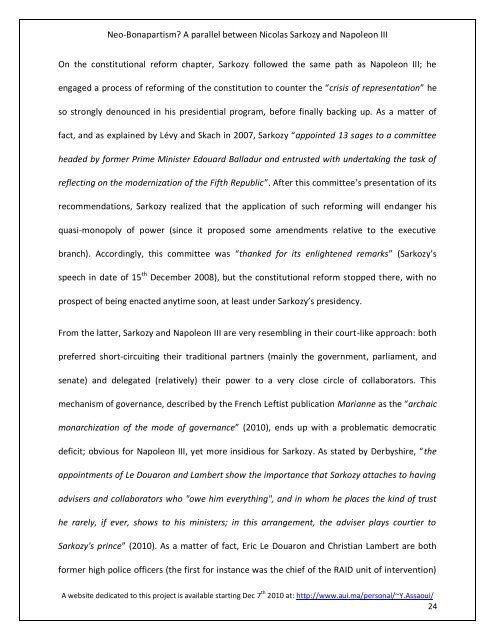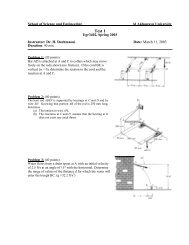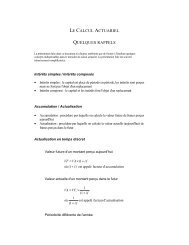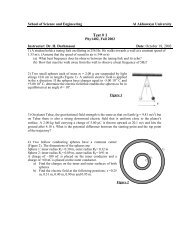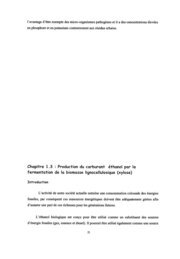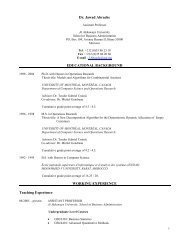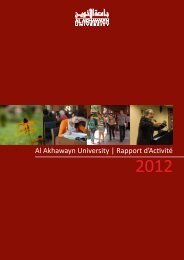Neo-Bonapartism? A parallel between Nicolas Sarkozy and ...
Neo-Bonapartism? A parallel between Nicolas Sarkozy and ...
Neo-Bonapartism? A parallel between Nicolas Sarkozy and ...
You also want an ePaper? Increase the reach of your titles
YUMPU automatically turns print PDFs into web optimized ePapers that Google loves.
<strong>Neo</strong>-<strong>Bonapartism</strong>? A <strong>parallel</strong> <strong>between</strong> <strong>Nicolas</strong> <strong>Sarkozy</strong> <strong>and</strong> Napoleon III<br />
On the constitutional reform chapter, <strong>Sarkozy</strong> followed the same path as Napoleon III; he<br />
engaged a process of reforming of the constitution to counter the “crisis of representation” he<br />
so strongly denounced in his presidential program, before finally backing up. As a matter of<br />
fact, <strong>and</strong> as explained by Lévy <strong>and</strong> Skach in 2007, <strong>Sarkozy</strong> “appointed 13 sages to a committee<br />
headed by former Prime Minister Edouard Balladur <strong>and</strong> entrusted with undertaking the task of<br />
reflecting on the modernization of the Fifth Republic”. After this committee’s presentation of its<br />
recommendations, <strong>Sarkozy</strong> realized that the application of such reforming will endanger his<br />
quasi-monopoly of power (since it proposed some amendments relative to the executive<br />
branch). Accordingly, this committee was “thanked for its enlightened remarks” (<strong>Sarkozy</strong>’s<br />
speech in date of 15 th December 2008), but the constitutional reform stopped there, with no<br />
prospect of being enacted anytime soon, at least under <strong>Sarkozy</strong>’s presidency.<br />
From the latter, <strong>Sarkozy</strong> <strong>and</strong> Napoleon III are very resembling in their court-like approach: both<br />
preferred short-circuiting their traditional partners (mainly the government, parliament, <strong>and</strong><br />
senate) <strong>and</strong> delegated (relatively) their power to a very close circle of collaborators. This<br />
mechanism of governance, described by the French Leftist publication Marianne as the “archaic<br />
monarchization of the mode of governance” (2010), ends up with a problematic democratic<br />
deficit; obvious for Napoleon III, yet more insidious for <strong>Sarkozy</strong>. As stated by Derbyshire, “the<br />
appointments of Le Douaron <strong>and</strong> Lambert show the importance that <strong>Sarkozy</strong> attaches to having<br />
advisers <strong>and</strong> collaborators who "owe him everything", <strong>and</strong> in whom he places the kind of trust<br />
he rarely, if ever, shows to his ministers; in this arrangement, the adviser plays courtier to<br />
<strong>Sarkozy</strong>'s prince” (2010). As a matter of fact, Eric Le Douaron <strong>and</strong> Christian Lambert are both<br />
former high police officers (the first for instance was the chief of the RAID unit of intervention)<br />
A website dedicated to this project is available starting Dec 7 th 2010 at: http://www.aui.ma/personal/~Y.Assaoui/<br />
24


